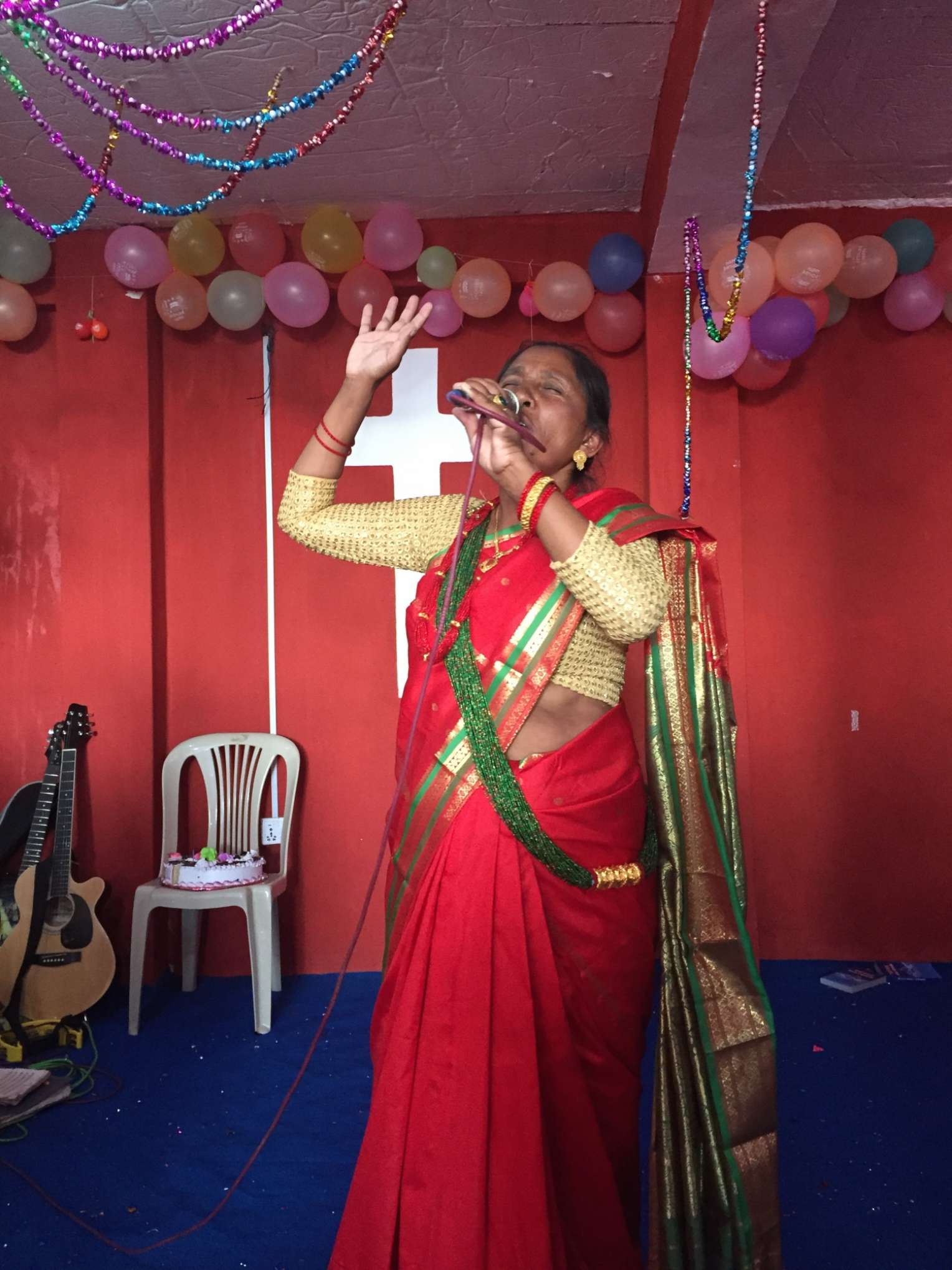
Exploring the condition of precarity that mocks the good life (or at least the better life) that hard work and good behavior are supposed to make possible within liberal democracy, Berlant's bold analyses of the impasse of the present and her unflinching determination to follow a thought to its necessary end make clear why this is a crucial, indeed a necessary, book at this moment-and also why it will inform our critical discourse for years to come."- Lee Edelman, author of No Future: Queer Theory and the Death Drive " Cruel Optimism, Lauren Berlant's brilliant new book, lays bare the price of our habitual ways of thinking about subjectivity, temporality, affect, attachment, and political investment. Cruel Optimism is a remarkable affective history of the present. She suggests that our stretched-out present is characterized by new modes of temporality, and she explains why trauma theory-with its focus on reactions to the exceptional event that shatters the ordinary-is not useful for understanding the ways that people adjust over time, once crisis itself has become ordinary.

People have remained attached to unachievable fantasies of the good life-with its promises of upward mobility, job security, political and social equality, and durable intimacy-despite evidence that liberal-capitalist societies can no longer be counted on to provide opportunities for individuals to make their lives "add up to something."Īrguing that the historical present is perceived affectively before it is understood in any other way, Berlant traces affective and aesthetic responses to the dramas of adjustment that unfold amid talk of precarity, contingency, and crisis. Offering bold new ways of conceiving the present, Lauren Berlant describes the cruel optimism that has prevailed since the 1980s, as the social-democratic promise of the postwar period in the United States and Europe has retracted.

His work has appeared in Media International Australia Chinese Journal of Communication International Journal of Communication International Journal of Cultural Studies Media, Culture & Society New Media & Society and Information, Communication & Society among others.A relation of cruel optimism exists when something you desire is actually an obstacle to your flourishing. His research interests include disability studies, cultural studies and communication studies. [email: Lin (PhD) is a Professor at the School of Journalism and Communication, Jinan Uni- versity, Guangzhou, China. [email: Yinan Wang is a Master’s candidate in the School of Journalism and Communication at Jinan University, Guangzhou, China.

Recent publications include peer-review journal articles on Information, Communication & Society, Critical Arts, China Information, Continuum: Journal of Media & Cultural Studies, Television & New Media and Feminist Media Studies. Her research interests centre on new media, gender, sexuality, and their intersections. Tingting Liu (PhD) is an Associate Professor in the School of Journalism and Communication at Jinan University, Guangzhou, China. No potential conflict of interest was reported by the author(s). It also clearly demonstrates that, while digital dating ignites a sense of possibility and desire, particularly among individuals of lower socioeconomic status, it fails to support these users in tackling the structural inequalities obstructing realization of their desire. Hence, the study empirically extends the literature on digital dating beyond its traditional focus on Western contexts. Specifically, rural migrant men have described themselves as being harshly excluded or exploited on the dating scene, whereas rural migrant women have reported that they have unwittingly dated men with deceptive profiles or developed romantic relationships that were dashed by economic turmoil. Our research shows that these obstacles (both ‘virtual' and ‘real') are highly gendered, which is partly related to a cultural shift towards materialism in the Chinese society. It juxtaposes the rural migrant workers’ encouraged engagement with digital dating with interview accounts which reveal that digital dating presents a large sum of obstacles to the fulfilment of sexual and romantic desire. Based upon thirteen months of ethnographic fieldwork in South China, this study employs Lauren Berlant’s concept of cruel optimism to examine how Chinese rural migrant workers – an economically and culturally disadvantaged group – use digital dating services and select dates.


 0 kommentar(er)
0 kommentar(er)
